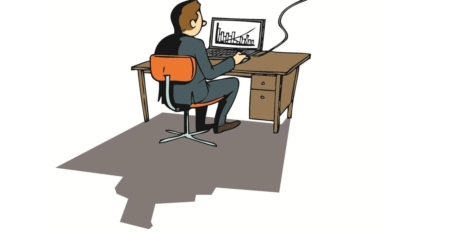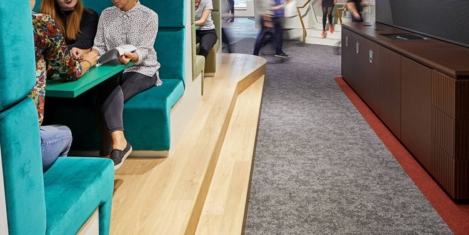February 4, 2019
Largest ever speculative office development in Bristol gets green light
 AXA Investment Managers – Real Assets (AXA IM – Real Assets), along with development manager Bell Hammer, is to commence construction of the initial phase of its 300,000 sq ft mixed-use Assembly Bristol regeneration project, having appointed Galliford Try as the main contractor. The construction contract and initial work has commenced for Building A which comprises 200,000 sq ft across 11 storeys with practical completion due in 2020. The building is claimed to a offer new archetype for Bristol office space; comprising multiple uses, and a range of flexible office spaces designed for both local and global businesses in the services, creative, consultancy, financial, media and technology sectors.
AXA Investment Managers – Real Assets (AXA IM – Real Assets), along with development manager Bell Hammer, is to commence construction of the initial phase of its 300,000 sq ft mixed-use Assembly Bristol regeneration project, having appointed Galliford Try as the main contractor. The construction contract and initial work has commenced for Building A which comprises 200,000 sq ft across 11 storeys with practical completion due in 2020. The building is claimed to a offer new archetype for Bristol office space; comprising multiple uses, and a range of flexible office spaces designed for both local and global businesses in the services, creative, consultancy, financial, media and technology sectors.

































February 4, 2019
Getting back to environmental basics in the Anthropocene era 0
by Alison Kitchingman • Comment, Environment, Facilities management, Workplace design